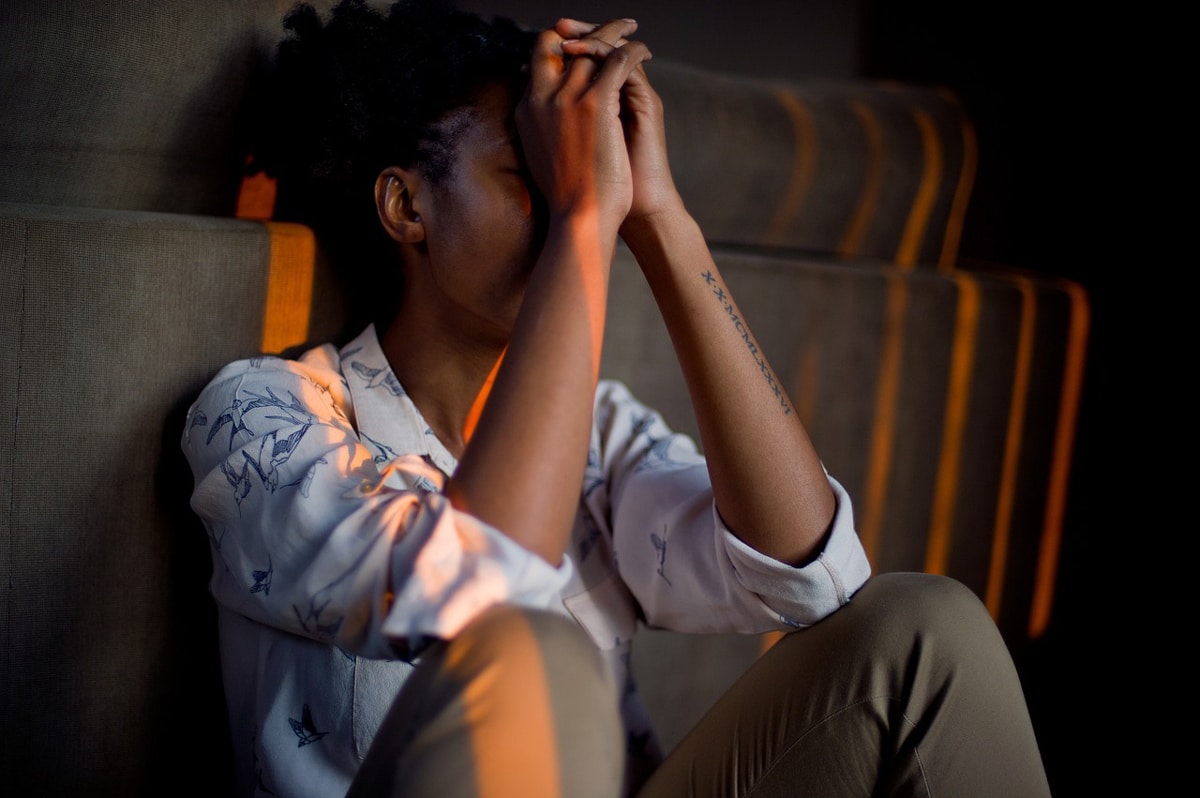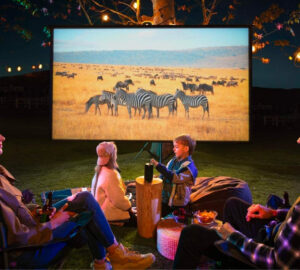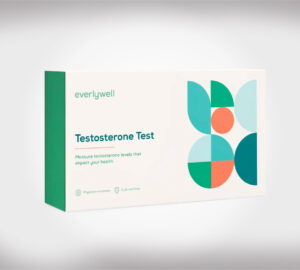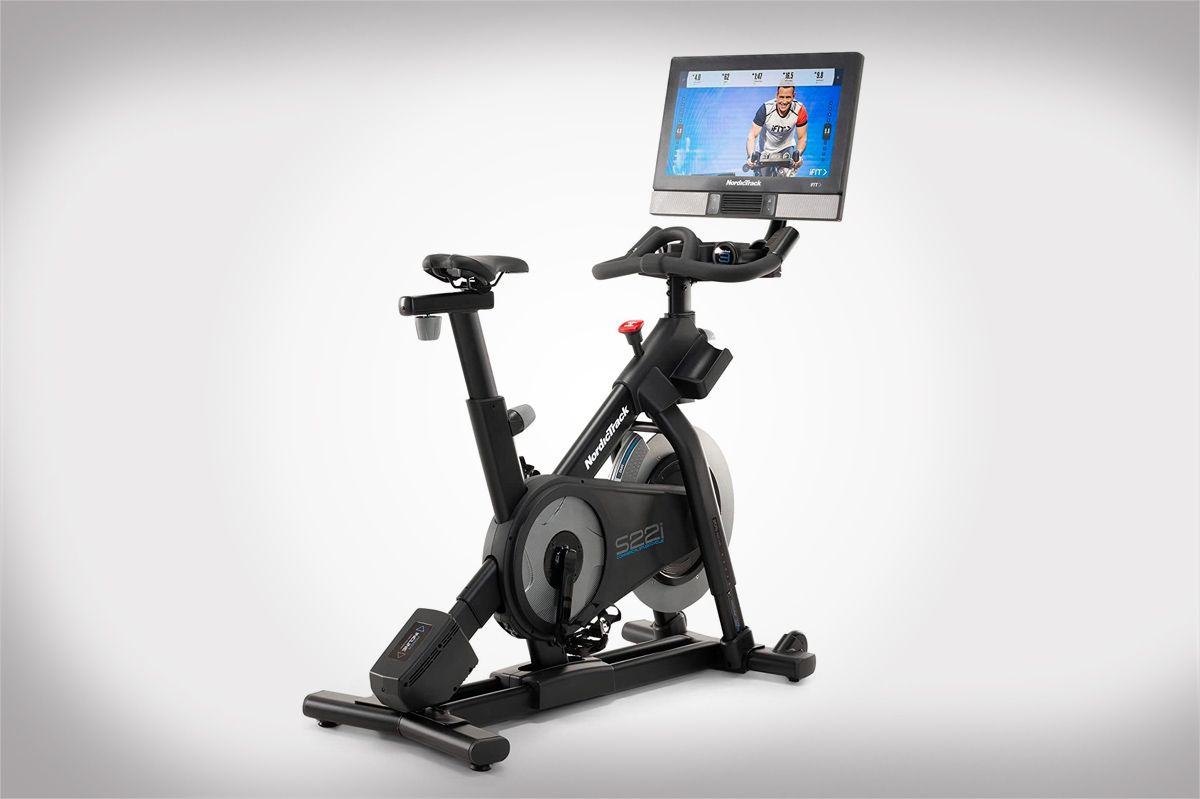3 minute read
Changes in daylight and temperature can mess with your sleep and cause tiredness and depression. Fortunately, there are some practical ways to combat seasonal affective disorder.
Change Your Sleeping Habits
You can change your sleeping habits to reduce the harmful effects of SAD. Sticking to a schedule will mentally prepare you for waking and falling asleep and heal some well-known symptoms such as fatigue and brain fog. Your bed could also play an important role. Poor sleep causes more movement and disrupted N3 stages of your cycle won’t produce the proteins required to repair your muscles and could make them worse. High-quality mattresses like the GhostBed are excellent for keeping you cool and soothing aches and pains.
Install a SAD Lamp
SAD is linked to the amount of sunlight you get. Obviously, there is less sunlight during the colder seasons than in late spring and summer. For the darkest of mornings, you can use a SAD lamp that mimics the rising of the sun in your bedroom. Like a sunlight alarm clock, SAD lamps, or dawn simulators, gradually increase the amount of light in the same hue as the morning sunlight. Cheaper models tend to use a simple yellow color. However, full-spectrum lamps are as close to the color and intensity of natural sunlight as is currently possible.
Spend More Time Outside
Further to your dawn simulator, it’s always a good idea to spend more time outside if you experience SAD. Being outside, even in winter, gets you the sunlight you need for psychologically combating SAD. But it also helps you physically. During winter, we spend more time inside, and this can cause a vitamin D drop. This is because your body doesn’t produce vitamin D, and most foods don’t contain it. But you can get all the vitamin D you need from being outside in the sun for ten minutes per day, and it can help reduce the feelings of depression.
Try Holistic Therapies
SAD isn’t recognized as a proper medical illness. Most doctors believe it is a symptom of other diseases such as severe depression or low vitamins. Research is ongoing, but alternative treatments can help make you feel better. For example, aromatherapy is proven effective for the temporary relief of SAD depression. And light therapy, using a UV or white lightbox, can make you feel better if you aren’t getting enough sunlight. However, keeping fit and social is the best way to look after yourself when feeling down.
Stay Away from Alcohol (and other drugs)
Whether you experience SAD or you have been diagnosed with a specific depression, alcohol and other drugs will make your symptoms far worse. Alcohol is a booster that provides short relief and serotonin production. But it’s like borrowing good feelings on credit. And you need to pay back that credit. Typically, the next day or week will leave you feeling extremely low and sad after a drinking binge. So if you experience SAD, it’s best to leave your alcohol until the summer, when you can responsibly enjoy a few drinks on the beach, in the sun.
Summary
If you experience SAD, you can get relief from a dawn simulator, natural sunlight, and holistic therapies. Drinking and drugs will make your feelings worse and cause havoc with your sleep.






